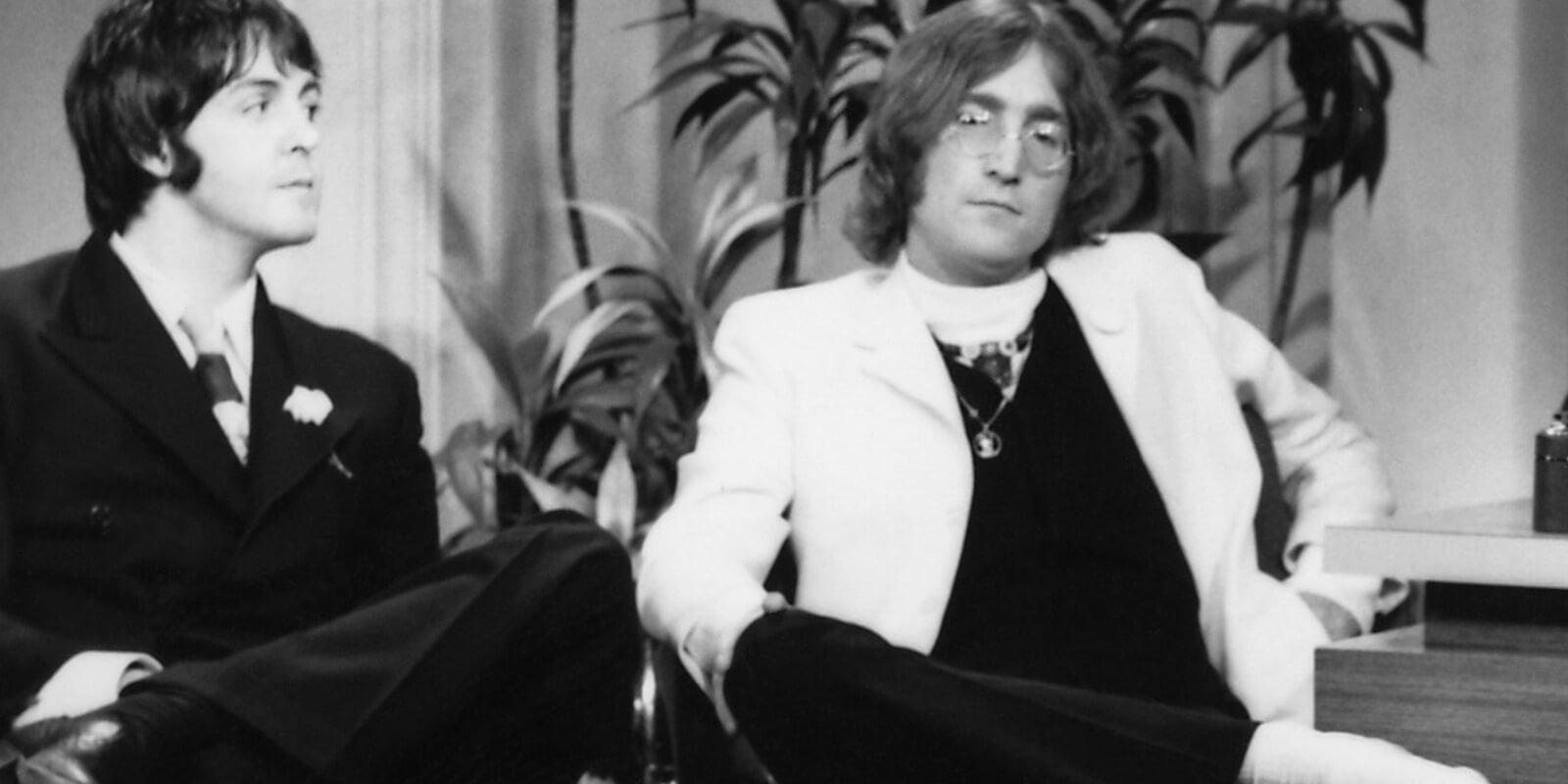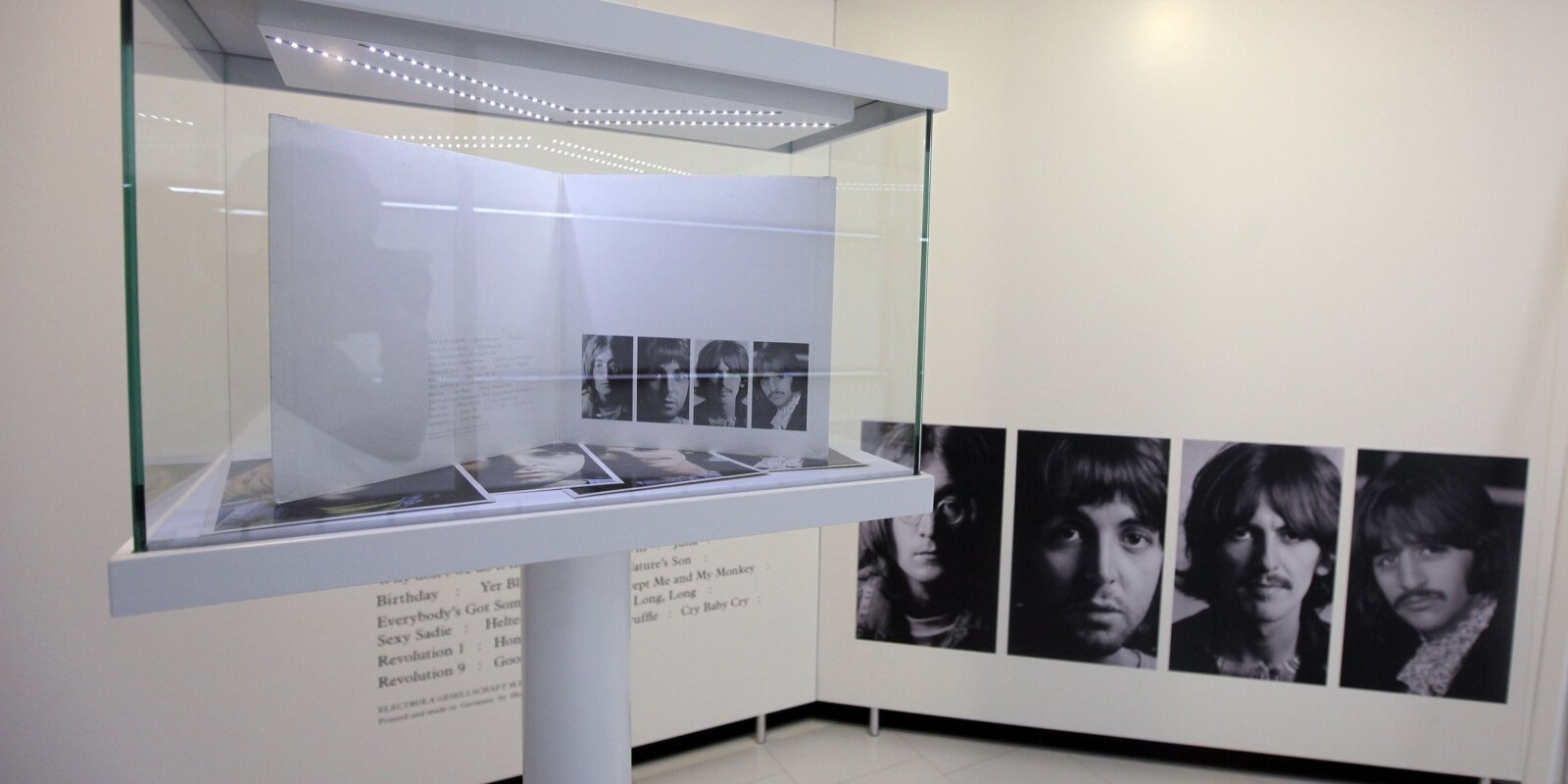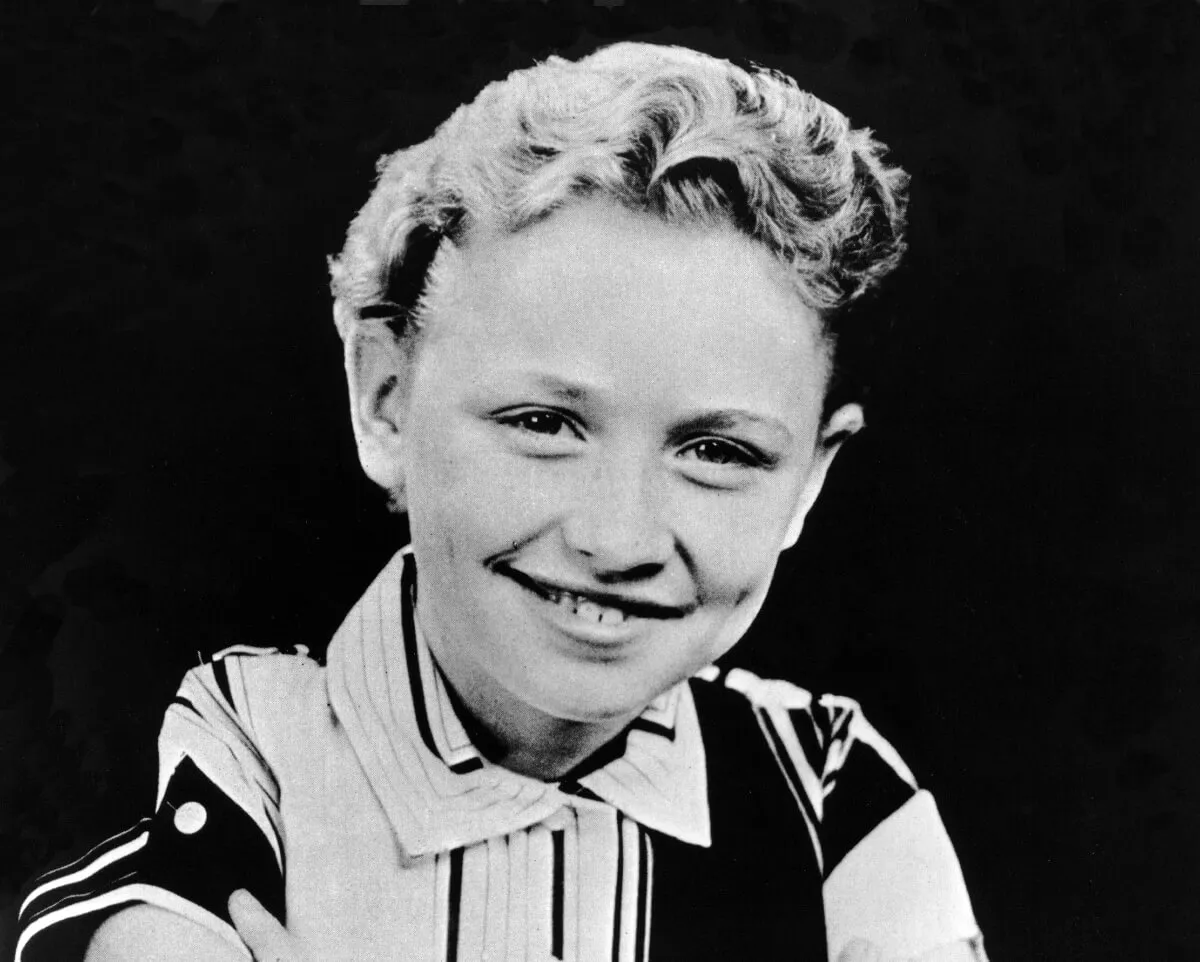
John Lennon ‘Went Ballistic’ on Paul McCartney When Recording ‘The White Album’ — Here’s Why
By the time The Beatles recorded The White Album, the band was already becoming quite fractured personally and professionally. It was 1968, and the band’s most ambitious effort was the project, almost ending their partnership. The White Album was The Beatles’ ninth studio album and the only double LP they would ever record. But one moment in the studio led John Lennon to go “ballistic” on Paul McCartney, leading to a moment that would forever change one of their most iconic songs.
John Lennon ‘went ballistic’ on Paul McCartney during this one pivotal moment while recording ‘The White Album’
John Lennon, Paul McCartney, George Harrison, and Ringo Starr recorded The White Album in mid-1968. The album features 30 songs, 19 of which were written during March and April 1968.
However, tensions between the bandmates heightened as the recording wore on. Lennon and McCartney couldn’t agree on the recording of several songs.
The collaborators worked for one week on just two songs, claimed Abbey Road Studios recording Geoff Emerick. He wrote the 2006 memoir Here, There and Everywhere: My Life Recording the Music of the Beatles.
Lennon’s “Revolution” and McCartney’s “Ob-La-Di, Ob-La-Da” were the two songs that almost tore apart Lennon and McCartney as friends and collaborators. Per Emerick, McCartney “was after a Jamaican reggae feel, and he wasn’t satisfied that the band had nailed it.”
Reportedly, Lennon “openly and vocally detested” the song and called it “more of Paul’s granny music.” Emerick claimed that during its recording, “John went ballistic. Ranting and raving, he headed out the door, with Yoko trailing closely behind, and we thought that we’d seen the last of him that evening.”
John Lennon’s anger fueled a song’s completion on ‘The White Album’ sessions
After leaving the session, Paul McCartney, George Harrison, and Ringo Starr continued to work on the music. Peter Doggett wrote in the book The Art and Music of John Lennon that McCartney described the sessions as a turning point for the group, saying, “There was a lot of friction during that album. We were just about to break up, and that was tense in itself.”
Lennon returned under the influence of marijuana. Frustrated, he then went straight to the piano and played the opening chords to the song louder and faster than before.
“‘And this,’ Lennon added with a snarl, ‘is how the [expletive] song should go.’ Unsteadily, he lurched down the stairs and over to the piano and began smashing the keys with all his might, pounding out the famous opening chords that became the song’s introduction, played at breakneck tempo,” wrote Emerick.
Did Paul McCartney ultimately use John Lennon’s opening to ‘Ob-La-Di-Ob-La-Da’ in the song’s final version?

After Lennon finished playing his version of the opener to “Ob-La-Di-Ob-La-Da,” Paul was reportedly thoughtful for a moment. He then matter-of-factly responded to Lennon.
“‘Okay, then, John,’ [McCartney] said in short, clipped words, staring his deranged bandmate straight in the eye. ‘Let’s do it your way,'” Emerick wrote.
McCartney’s version of the events that transpired between him and Lennon was slightly different. In the book Paul McCartney: Many Years From Now, the Beatles bassist painted a happier picture of finishing The White Album tune.
“I remember being in the studio with George and Ringo, struggling with an acoustic version of the song,” McCartney stated. “John was late for the session, but when he arrived, he bounced in, apologizing, in a very good mood.”
McCartney claims Lennon “sat down at the piano and instantly played the blue-beat-style intro. We were very pleased with his fresh attitude.”
He concluded, “It turned us on and turned the whole song around. He and I worked hard on the vocals, and I remember the two of us in the studio having a whale of a time.”
In sales, The White Album by The Beatles has sold 14 million copies. Far Out Magazine ranked the album at number three in sales, with Abbey Road at two and Sgt. Pepper’s Lonely Hearts Club Band at the top spot.


